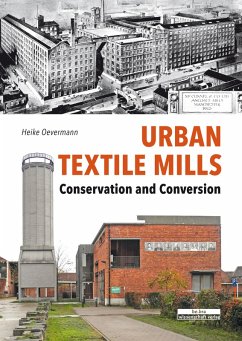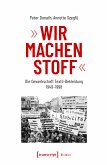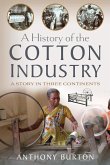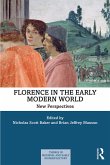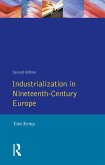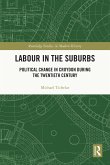Urban textile mills shaped European cities from the late 18th century. The decline of the textile sector in many of the original locations has meant that converting and repurposing these historic industrial complexes has become a new opportunity and important task in many European cities. The novel contribution of this book is that it examines not only the period of industrialization - the historic emergence of four urban mill types - but also focuses on recent processes of their repurposing, and correlations between both periods and processes. The book contributes to the case-specific knowledge of 20 textile mills in Europe by analysing their development as industrial complexes, beginning with the first steam driven mills in Manchester from the end of the 18th century, towards their conservation and conversion in the 21st century, including the manifold layers of time. The work promotes the - often conflictive - task of achieving an appropriate balance, between conserving urban textile mills as documents of the past and adapting them to present and future needs.
Dieser Download kann aus rechtlichen Gründen nur mit Rechnungsadresse in A, B, BG, CY, CZ, D, DK, EW, E, FIN, F, GR, H, IRL, I, LT, L, LR, M, NL, PL, P, R, S, SLO, SK ausgeliefert werden.

